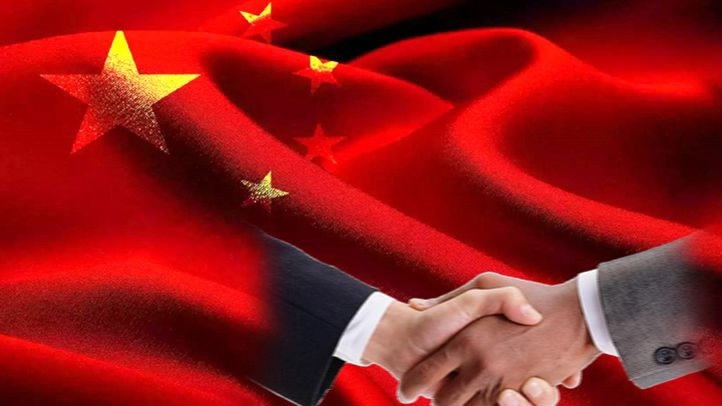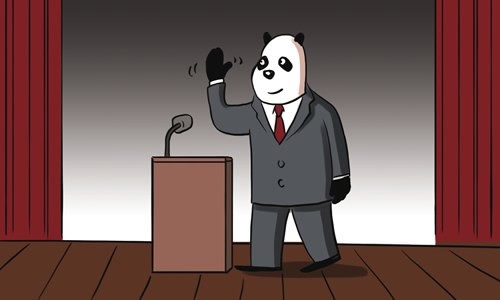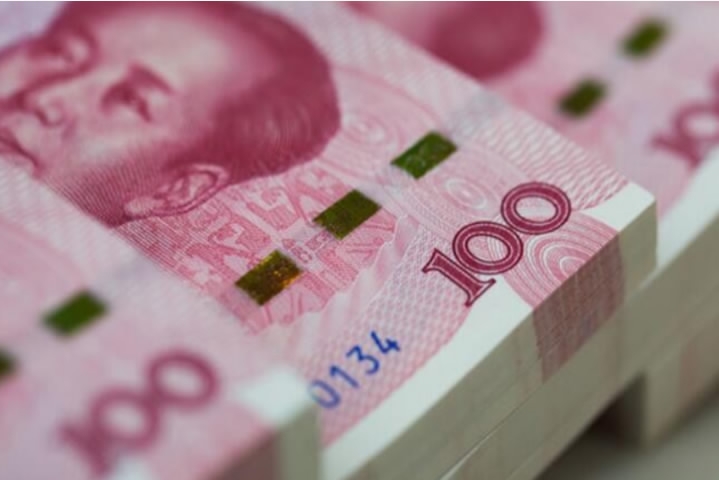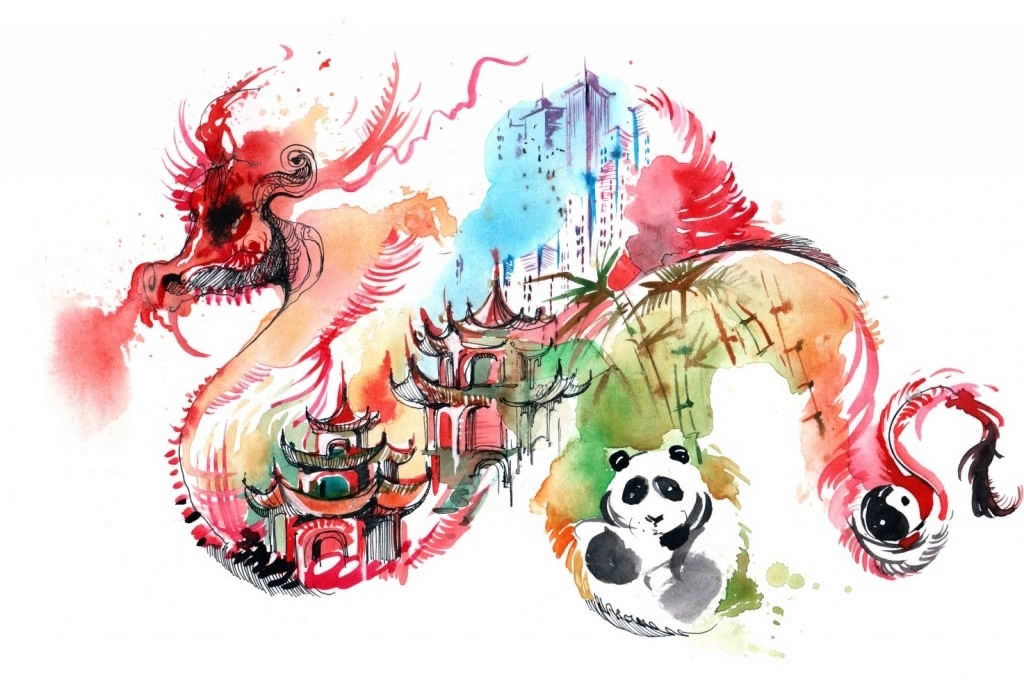
Opinions
14:44, 21-Sep-2017
Opinion: Why claims of China's assertiveness are false
By Ren Yuanzhe from Global Times

In the last seven years, it has become increasingly common to see Western media, pundits and academics describe China's foreign policy as assertive or even aggressive.
In an interview with President Xi Jinping ahead of his visit to the US in 2015, the Wall Street Journal noted "China is playing an increasingly assertive role in regions around the world."
Generally, there are a couple of examples widely applied to support this argument: China's proactive behavior in the East Asia maritime domain (for example the East and South China Seas); more open and frequent displays of China's growing military capability; and the recent strong response (characterized as economic coercion in the Western media) to South Korea's deployment of Terminal High Altitude Area Defense system.
Harvard Professor Iain Johnston even describes the events as part of a larger trend that he refers to as a "new assertiveness."

Illustration: Liu Rui / GT
Illustration: Liu Rui / GT
The Western narrative of China assertiveness takes a very narrow-minded and one-sided point of view. It primarily reflects the serious and profound inadaptability of Western elites toward China's rapid rise.
The years of 2009 and 2010 are usually set as the benchmark years for a major shift in China's diplomatic behavior. It is the 2008 global financial crisis that weakened the Western comparative advantage in the international order and launched an unprecedented grand trend of emerging new economies and developing countries. China's peaceful development is an integral part of the process.
In 2010, China overtook Japan as the world's second-largest economy, marking another milestone in world history.
China's GDP grew 6.7 percent in 2016 and totaled 74.4 trillion yuan ($11.3 trillion), more than twice the size of Japan's GDP. China's successful transformation from impoverished socialist state to economic superpower completely alters the long-established Western-dominated international system.

Xinhua Photo
Xinhua Photo
This shake-up in the international system also serves to strengthen the "rise of China and the demise of the West," and the "China threat" narratives. In this context, China's foreign and domestic policy changes and new strategic tendencies are always over-interpreted and therefore bolster the image of an assertive China.
With China's growing status in the international community, it is a natural process for China to increase discourse power commensurate with its strength. Since the 18th National Congress of the Communist Party of China (CPC), the CPC, with General Secretary of the CPC Central Committee Xi Jinping at the core, creatively and constructively contributed many new proposals, including the creation of the Belt and Road Initiative, the Asian Infrastructure Investment Bank and the Lancang-Mekong cooperation mechanism. All seek to provide public goods and assume international responsibilities to solve global problems and pursue win-win cooperation with other countries.
Citing these initiatives as evidence, many Western observers have regarded China as a revisionist power that has a desire to redraft the rules by which relations among nations work, the so-called rule-based liberal world order. This perceived recasting of the rules has often been explained as a major source of China's allegedly assertive conduct.

VCG Photo
VCG Photo
In reality, we have witnessed a rapidly changing China integrating itself in all aspects of global institutions in the last few decades. The Chinese government has said on different occasions that "China is a staunch supporter of the current international order," and that "there is no incentive for China to overturn the international system in which it is a full member."
The Chinese see this rejuvenation as a recuperation of China's lost international status and power, rather than a new achievement. At the same time, the Chinese consider the process of rejuvenation as a restoration of fairness rather than gaining advantages over others.
President of the Council on Foreign Relations, Richard Haass, argued in his new book, "A World in Disarray", that an updated global operating system - World Order 2.0 - is needed to accommodate a world increasingly defined by disorder. "China Plans" are effective prescriptions for curing current "world diseases."
Moreover, to better understand the role China seeks to assume in international affairs, we can observe both the evolution and continuation of China's foreign policy. With regard to evolution, China's diplomatic rhetoric and practice have shifted from low profile to striving for more achievements. As mentioned, many proactive measures have been implemented to promote China's position and improve its image on the global stage.
Meanwhile, most critical elements in China's foreign policy have been preserved in the last few years. Pursuing an independent foreign policy and adhering to peaceful development are still at the core of China's diplomatic principles. In most cases used to support rhetoric about China's assertiveness, such as behavior in the East and South China Seas, China is in fact provoked and responds to new situations.
Beijing insists on self-restraint and moderate responses, using peaceful means and negotiations to manage and address disputes. In this way, Chin has laid solid foundations for stability and prosperity in the region.
Far from ending, the misinformed rhetoric about Chinese assertiveness might continue and even multiply during the process of China's rejuvenation. This will easily produce strategic miscalculation among major countries and create more estrangement and suspicion.
Consequently Beijing should learn to adjust its diplomatic gestures and handle tough issues more skillfully. Meanwhile the international community needs to adapt to the change in China's global status and diplomatic style.
(This piece was originally published on Global Times. The author is an associate professor at the Department of Diplomacy and Foreign Affairs Management, China Foreign Affairs University and a research fellow at the Collaborative Innovation Center for Territorial Sovereignty and Maritime Rights. The article reflects the author’s opinion, not necessarily the view of CGTN.)
Source(s): Global Times

SITEMAP
Copyright © 2018 CGTN. Beijing ICP prepared NO.16065310-3
Copyright © 2018 CGTN. Beijing ICP prepared NO.16065310-3